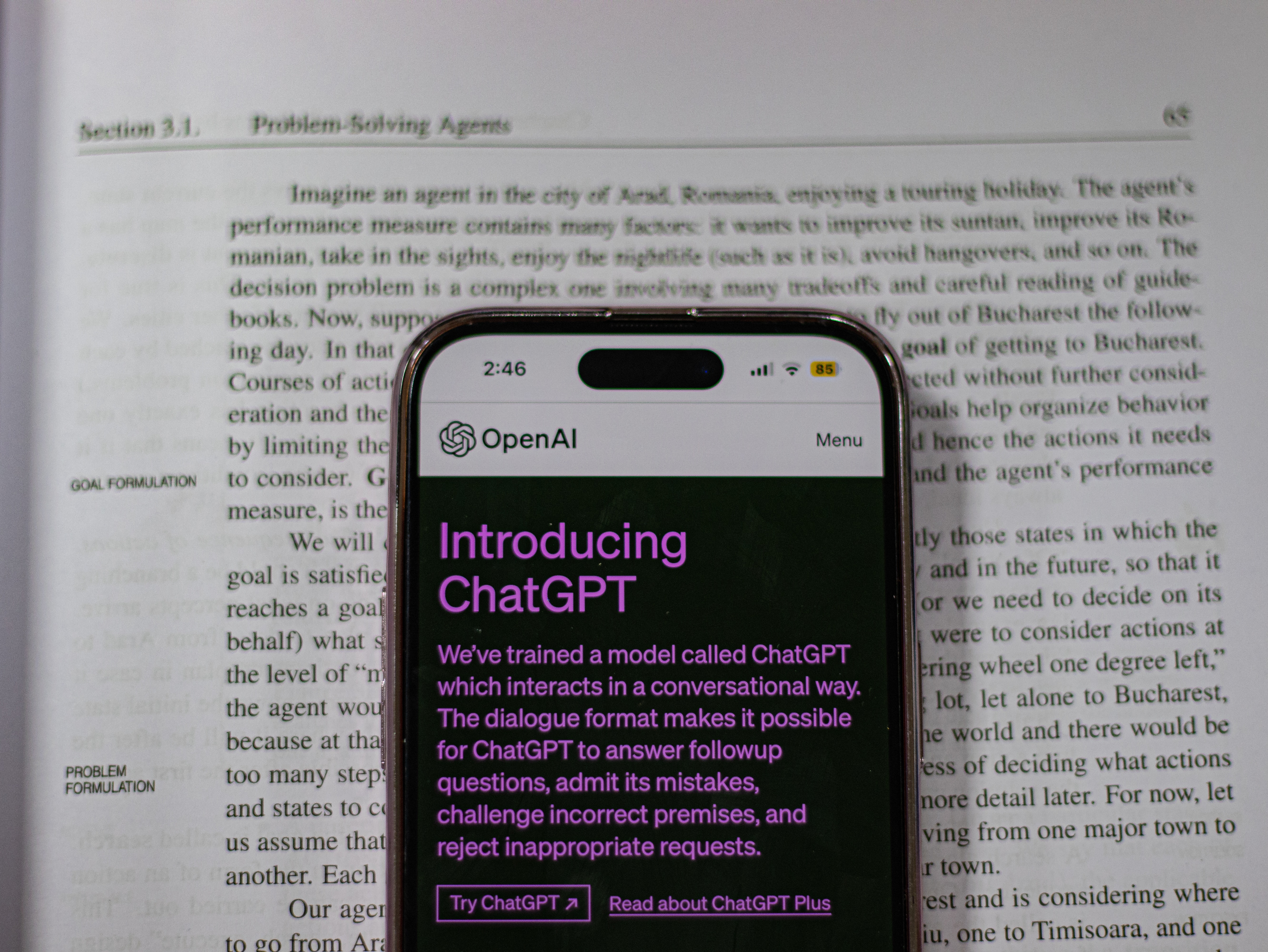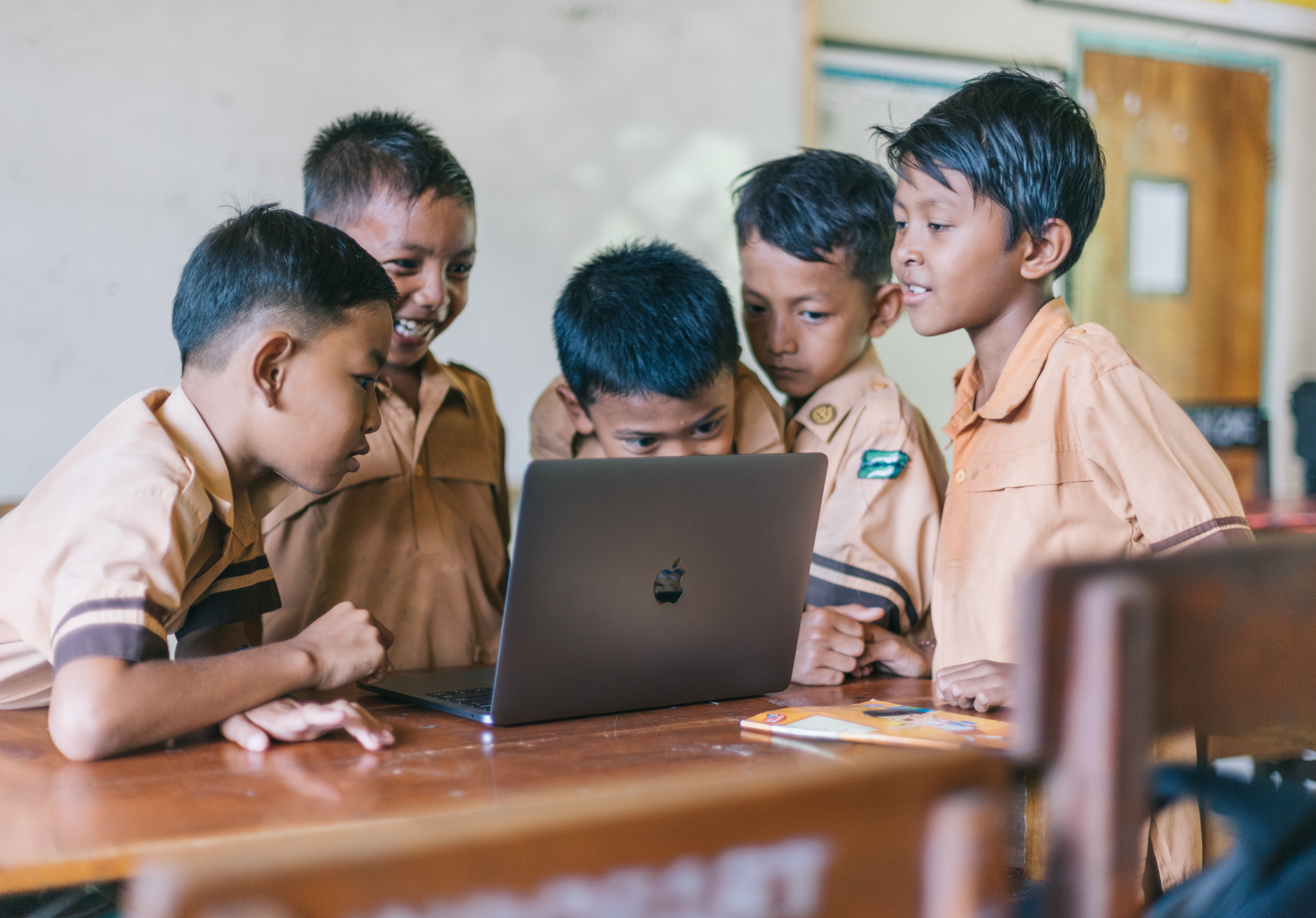
Ulipsu, an edtech company, raises $3.2 million and ends its "pre-series A round" with a total of $5.7 million at a valuation of $50 million.
Amid the financing winter that has adversely affected the edtech industry, Ulipsu, an edtech company and India's first multi-skill learning platform, has made a difference by raising a new round of 3.2 million USD. With a total of 5.7 million USD, the edtech startup has now successfully closed the Pre-Series A Round! The new round was raised at a 50 million USD value! Participants in this round included current investors as well as HNIs from the Middle East and Canada. The deal included a secondary sale for the seed investors at USD 225K as well.Ulipsu intends to broaden its product line with additional solutions to satisfy the changing needs of K–12 schools and parents, extend its footprint in local and international markets, and speed up operations with the new funding. Kidvento Education and Research Private Limited's brand Ulipsu, which was introduced in 2022, has since had an intriguing development trajectory. Today, more than 200 schools in India choose Ulipsu as their dependable "Skilling Partner" to deliver a top-notch, standardised skilling programme. 350+ courses on Ulipsu are available, covering 15 essential skills. Ulipsu's product is the perfect answer for schools that struggle to standardise skilling instruction in addition to academics.






















































